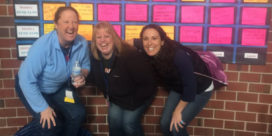Admins: Here’s what teachers think about professional learning
Teachers are overwhelmingly turning to social media and online resources to drive their own professional learning, according to new Speak Up Survey data released by Project Tomorrow on…






